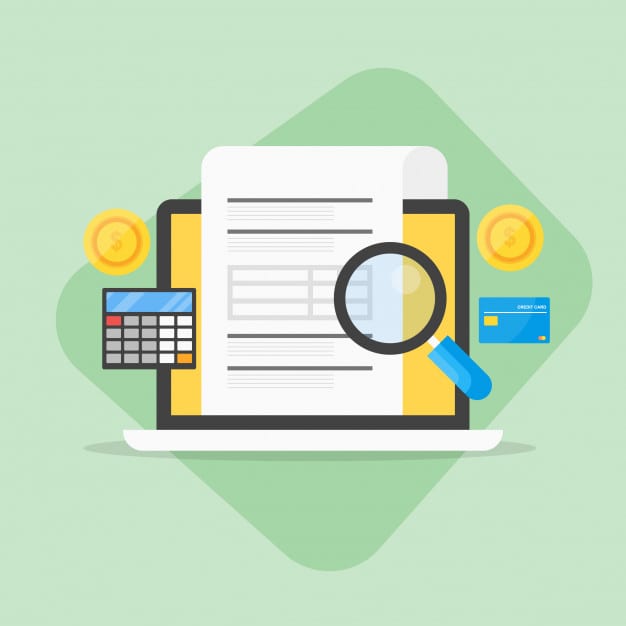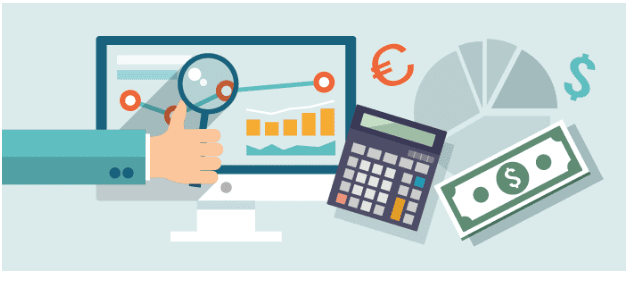As a business owner, you’ll want to stay informed about your company’s growth, but it can be a difficult and complicated task to highlight who or what is contributing to your success (or loss). This is due to the fact that there are many factors that are at play in the sales process – this is where making an effective sales report is needed.
What is sales reporting?
Managing your sales team or your own sales process involves much more than calculating your revenue at the end of the week, month, or quarter. To be an effective sales guru, you need to know the process of the sale; how many impressions, or activities does it take to close a deal? How long should a deal be in your sales pipeline? Where does the deal usually halt? And so on.
Sales reporting is where you should be living as it gives insight to the process and a foundation of successful sales operations, strategy and analysis. It’s the process that tracks information at every step of the sales process and analyses data, to be able to predict where your business’s success is held, and helps to determine where it needs improvement.
Once you start to grasp the reasons behind your data and results, you’ll have a clearer understanding of where you need to focus your efforts to drive decisions about production quantities, timelines, employment needs, pricing, and other factors that keep your company flourishing.
Effective sales reporting can help in understanding the following;
- Why isn’t my team closing any deals, even though they have lots of leads?
- Why is there such disparity between my team? One is about to exceed their target, and the other can’t advance their pipeline?
- Is my business on course to hit the yearly target or do I need to make corrections to my sales process?
What should I be reporting on?
Metrics are indicators that tell you how each aspect of your sales operations is performing, and shows whether you’re achieving your targets. Metrics are quantifiable and they help you clarify where your efficiencies are, as well as highlighting your inefficiencies.
Honestly, there are an endless number of things you can report on to have an effective sales report, but the most important ones are relevant to your company’s growth needs, and those which measure the things that allow you to make better business decisions. If a metric is irrelevant to moving your leads to sales, it’s not an efficient use of time to report on them, and as such, they don’t need to be measured.
However, here are a few fundamental data points you should absolutely report on;
- Number of deals in the sales pipeline: This is the number of sales you have in each stage of your pipeline, i.e. Open, Contacted, Pitch, Closed Won, Closed Lost, etc. – It’s important to know how many deals you have in total, but it’s also important to know where they are, when they are expected to close, and how likely they are to turn into revenue.
- Size of the deal: working out the average deal size in your pipeline helps to make quick but effective forecasts and strategies.
- Conversion rate: This helps you determine the average number of open leads that you’re likely to close, based on past data.
- Sales cycle time: Sales velocity is the average time it takes for a lead to enter the pipeline, go through the sales process, and arrive to the closing stage. The faster it is, the better.
It may be difficult to understand which metrics are relevant to your targets to begin with, but hey, Rome wasn’t built in a day, right? Keep at it, embrace it and after you’ve been tracking activities for a while, you should start seeing value in your effective sales report.
How should I manage my sales reports?
You should use a CRM tool which supports sales reporting abilities. It will provide you with a real-time view of your sales activities, and will quickly allow you to understand how your business is performing, compare results, and identify opportunities for improvement. You can manage your entire sales process, your reports, and your entire business with Holded’s Cloud ERP Software #1.











